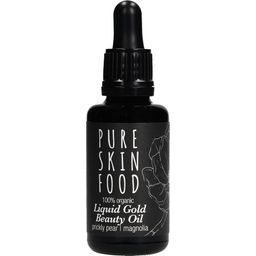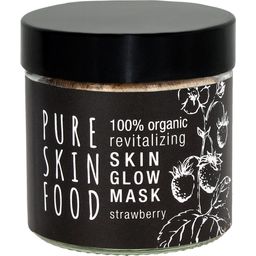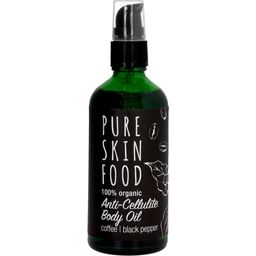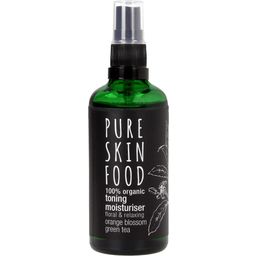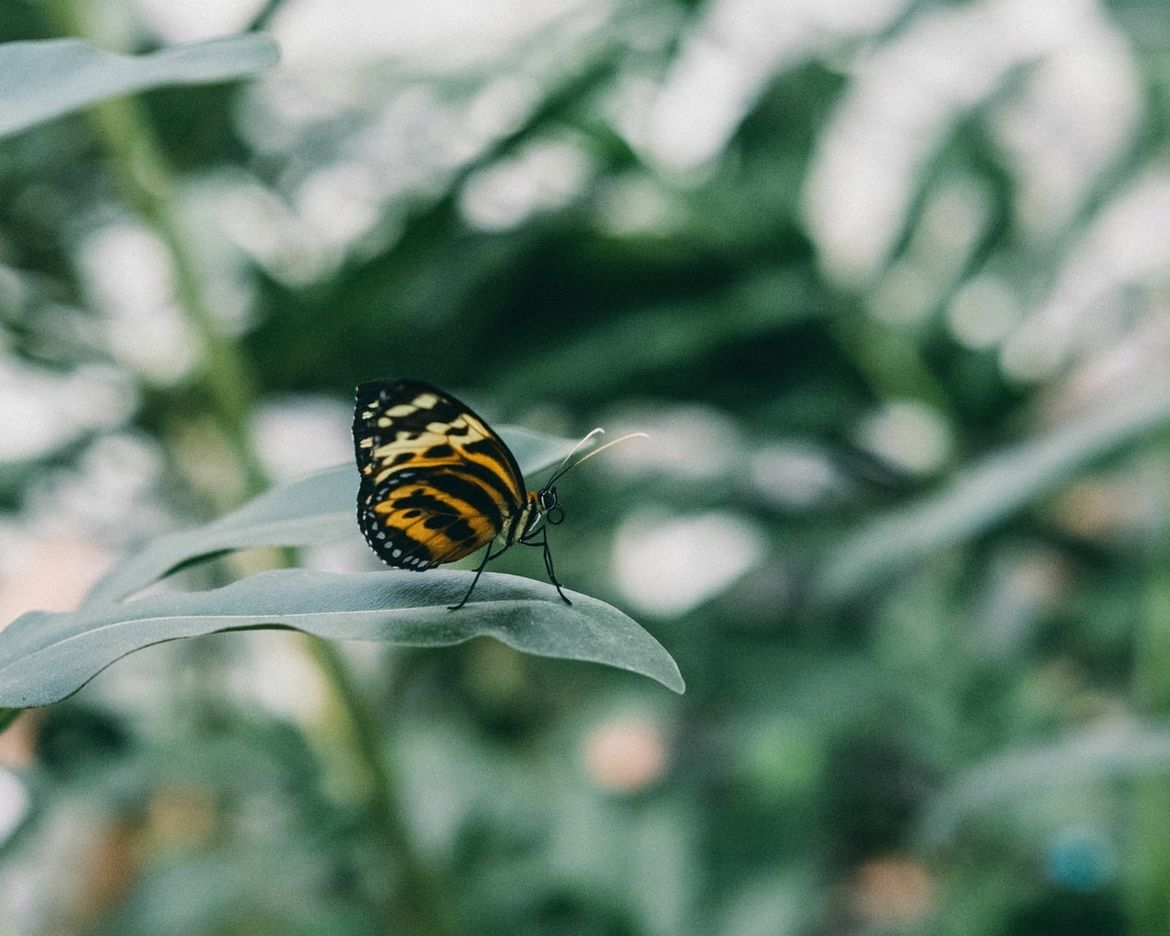

Vegan, Natural & Organic Cosmetics - What Does It All Mean?
So you've decided to change-over to plant-based cosmetics and naturally, you purchase cosmetics labelled "plant-based ". Makes sense, doesn't it? Regretfully, labels tend to divert us from what is really listed in the ingredients - It's not always as it appears.
Natural Cosmetics Maze
Nowadays, the demand for natural cosmetics is increasing drastically. Fewer and fewer consumers are willing to expose themselves to the obscure masses of synthetic ingredients that make up today's conventional cosmetics. Once you opt for the natural alternative, you will soon discover that they don't always deliver what is promised. We have compiled an overview for you:
Conventional Cosmetics: This category contains all products that pass for cosmetic use by law, whether they contain hormones, trigger allergies or even contain potential cancer-causing substances (Read more here).
Cosmetics "free from...": Just because a product states that it does not contain a certain substance, does not guarantee that the ingredient used to replace said substance is harmless to your health. See conventional cosmetics.
Vegan Cosmetics: Does not automatically imply that these product are of natural origin! Vegan cosmetics can contain several artificial components also found in conventional cosmetic products. The only difference is that vegan cosmetics do not contain substances of animal origin.
Plant-based Cosmetics: These products contain a percentage of ingredients that are of plant origin, for example extracts, oils or highly processed substances obtained from raw plant materials. Oftentimes, these ingredients are brought to the forefront to display the product as being "green". However, only a portion of the ingredients stem from plants. The remaining list of ingredients often stem from those used in conventional cosmetics. This is what we call "green washing".
Natural Cosmetics: Slowly but surely we are getting closer to our goal - but deceptively so! Natural cosmetics is not a patented term, therefore is to be treated similarly to that of the plant-based cosmetics when these products do not display a trustworthy natural cosmetics certification. The producers obligate themselves to include a certain amount of raw materials of natural origin. However, this does not exclude chemical derivatives of natural raw materials. Naturally, animal by-products may also be included. Beeswax and lanolin are often used in natural cosmetics. If the raw materials stem from conventional farming, these may contain harmful substances from the production standpoint. While conducting a natural cosmetics inspection, GLOBAL 2000 tested the labels of approximately 60 natural cosmetics brands to find any culprits. The way in which the products were being advised were also taken into consideration.
Organic Cosmetics: Searching for brands that use raw materials from controlled organic agriculture is a step in the right direction. However, the percentage of the ingredients used that stem from controlled organic farming is heavily dependent on the organic certification body. On the one hand Ecocert organic cosmetics requires the amount of raw materials obtained from plants to add up to 95%, whereas the product only requires 10% of its ingredients to be organic. On the other hand Austria Bio Guarantie stipulates that 95% of the ingredients used must be organic. Furthermore, it is important that all ingredients used stem from controlled organic farming, where possible. The exceptions being emulsifiers and preservatives. Practice caution: Organic cosmetics is not always vegan!
PURE SKIN FOOD: A class of its own. Only PURE SKIN FOOD uses merely plant-based raw materials that stem from 100% controlled organic agriculture. Moreover, these ingredients are vegan and cruelty-free.
Magazine Articles:
-
Great Britain: Free standard delivery from £49.90
-
Free
returns We deliver worldwide to
more than 40 countriesSecure payments
with SSL encryption technology
